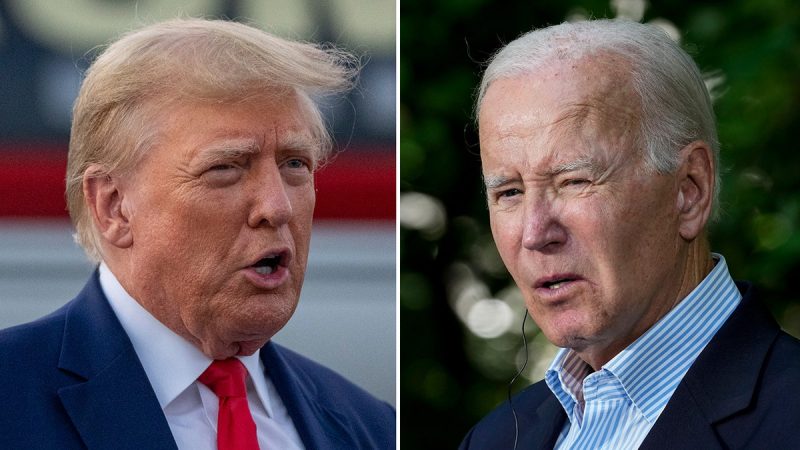In a recent verbal attack, former President Donald Trump criticized President Joe Biden for failing to dismiss military generals following the chaotic withdrawal of U.S. troops from Afghanistan. Trump’s remarks underline the deep-rooted political divide surrounding the handling of the Afghan withdrawal, highlighting the stark contrast in perspectives between the two administrations on the matter.
Trump’s criticism stems from his staunch belief that the Biden administration was incompetent in overseeing the withdrawal, leading to a tumultuous exit that left American citizens and Afghan allies in peril. He argues that holding the military leadership accountable for the botched withdrawal is crucial to ensure accountability and prevent such failures in the future.
However, Biden’s camp has defended its decision not to oust the military leadership, asserting that the responsibility for the Afghan withdrawal decision ultimately lies with the political leaders rather than the military commanders. They maintain that the military acted upon the orders and guidance provided by the administration and should not be scapegoated for the challenges faced during the withdrawal process.
The contrasting viewpoints of Trump and Biden reflect the broader political discourse on the Afghan withdrawal, with both sides vehemently defending their stance on the issue. Trump’s call for the dismissal of generals underscores his desire to hold individuals accountable for what he perceives as a failure of leadership, while Biden’s decision to support the military leadership signals a commitment to upholding a unified front in the face of criticism.
As the debate over the Afghan withdrawal continues to unfold, it remains to be seen whether Trump’s criticism will prompt any action from the Biden administration. The aftermath of the withdrawal has already raised significant concerns about the future of U.S. foreign policy, military strategy, and international relations, highlighting the need for a thorough assessment of the decisions and actions that led to the tumultuous exit from Afghanistan.
In conclusion, the clash between Trump and Biden over the handling of the Afghan withdrawal serves as a stark reminder of the deep divisions within American politics and the ongoing debate over accountability and responsibility in times of crisis. While both sides present valid arguments regarding the role of military leadership in the withdrawal process, the ultimate impact of this controversy on U.S. foreign policy and military operations remains to be seen.

